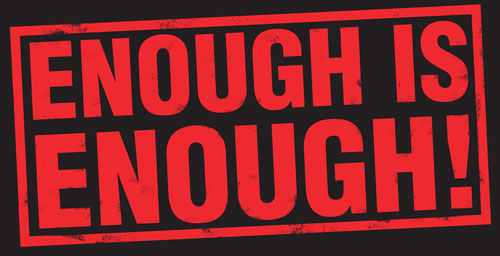Thirty-eight years after the comprehensive reformation, reorganization and modernization of the New Jersey judicial system, the Municipal Court Judicial Conference took a long look at the Municipal Court system based upon the report of the Supreme Court’s Task Force on the Improvement of Municipal Courts. Keynoting the Conference, Chief Justice Robert Wilentz commented on the project’s importance, stating that, “despite the importance of these courts, their performance has fallen short of our standards of fair and efficient justice.
The Supreme Court however, limited the focus of the Task Force’s consideration. According to Chief Justice Wilentz, the Task Force was, “not to consider regionalization or changes in the method of appointing judges, but rather to determine steps within the present framework that could be taken to overcome the difficulties which long had plagued these courts.” Justice Wilentz went on, “(I)n other words, we decided that instead of fighting and fighting the battles, over the structure of this court, battles that have been lost year after year, we would see what we could do by way of improvement, by accepting the present system of appointing Municipal Court judges and by accepting the fact that they are going to remain local courts.”
Now, almost thirty-four years after that Judicial Conference and seventy-one years after the 1947 Constitution, the performance of Municipal Courts continues to fall, “short of our standards of fair and efficient justice,” notwithstanding ongoing modification “by way of making improvement” within the structure of five hundred plus local Municipal Courts. Indeed, the most recent efforts at review, evaluation and change, continue to work off of the same premis set forth by Justice Wilentz over three decades ago…leave the system of town courts alone, but somehow have Judges, Prosecutors, Public Defenders and private attorneys succeed within a system that meets, “standards of fair and efficient justice”.
One must wonder what amount of “tweaking” could ever make a difference in a court system with such fundamental structural problems. The Court’s recent action involving the Cassidy case suggests perhaps, a lack of confidence in the Municipal Court system of New Jersey.
In Cassidy, our Supreme Court ruled that Alcotest breath test results were inadmissible when periodic inspections failed to follow procedures established in its Chun decision. It then allowed pending cases that had been stayed, to proceed and to allow defendants to seek “appropriate relief” where cases had already been decided. However, in what appears to be a vote of no confidence in Municipal Courts, the Court appointed another Special Master, “…with judicial authority on a statewide basis to make judicial and administrative decisions relating to adjudicated cases.” The Special Master is further directed to report to the Court whether, “statewide management of the subject issues…would be best managed at the vicinage and/or municipal level”. It seems the Supreme Court might not be willing to trust local judges to determine how to apply Cassidy when applications come before it in the ordinary course.
There are times when the obvious just cannot be ignored. For me, it is more than obvious that it is time to rethink how we conduct our government in New Jersey. Taxes and governmental services seem to be moving in opposite directions (it goes without saying that the direction of taxes steadily trends higher).
Furthermore, for all the benefits of “home rule”, unnecessary redundancies of municipal services come at great expense and hang a heavy tax burden on all New Jersey residents. NJ.com published a lead story on February 12, 2019 bearing the headline “New Jersey has too many damn towns. Here are twenty five that need to go”. Governor Murphy is also trying to brand New Jersey as the “State of Innovation”, proposing among other things, creation of “a fiscally responsible state government equipped to accommodate the needs of the business community in times of accelerated change.” How about a judicially responsible court that is equipped to accommodate the needs of the public at large in times of accelerated change?
If you are offended by the fact that hard earned tax dollars are being spent in 500 plus towns to provide similar judicial services, you should want to finally say, enough is enough. If you want to innovate and think outside the box to find new and better ways of delivering services in a judicial system where most of us interact with the State, you should finally want to say, enough is enough. If you are serious about real judicial independence, where most courts share a roof with a police department and are compensated by the same employer, you should finally want to say, enough is enough. If you want a court where judges are trusted to make decisions in applying the law, without direction from a special master or administrator, you should finally want to say, enough is enough. If you want courts to be temples of justice, not profit centers for towns, you should finally want to say, enough is enough. If you want a court system to flourish as an institution and not depend upon on the extraordinary effort of Judges, Prosecutors, Public Defenders, defense attorneys and Court Administrators to make it function, you should finally want to say, enough is enough!
Think outside the box. Innovate. We’ve tried and continue to try the same things over and over in our Municipal Courts and they just don’t work in achieving “fair and efficient justice”! Unify the courts! Enough is enough!
